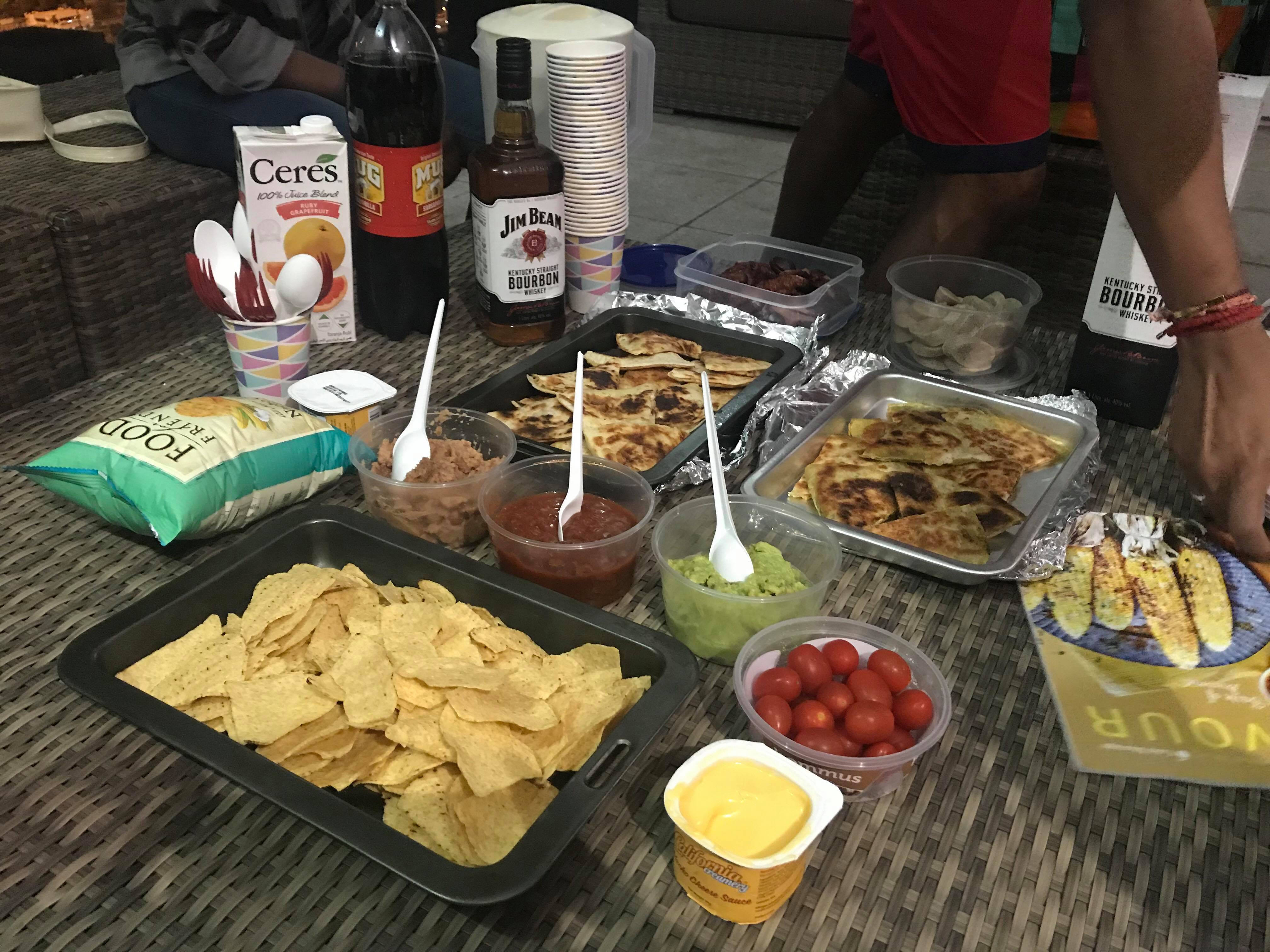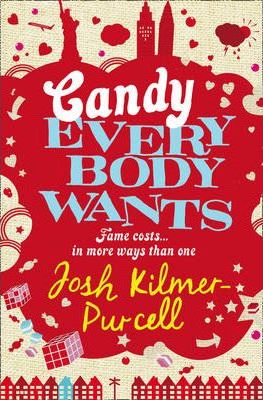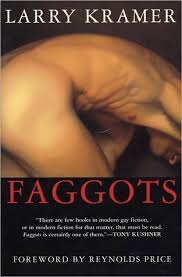The best part about this book was how real it was. The worst part about this book was how real it was. Unanimously, both attendees of October’s book club meeting (Raj and Veronika – yes I totally procrastinated writing this because in true Veronika fashion I turned up without finishing the book) agreed that the raw, unfiltered writing was what enthralled and revolted both of us. I was hooked from the very first paragraph-long sentence, from the very first string of Brooklyn vulgarities, from the unabashed pervasive violence and from the flagrant defiance of conventional punctuation, sentence separation and spelling rules by Hubert Selby Jr. His immersive writing meant that we felt very much a part of this obscene world.
The fact that it was banned by British courts in 1967 made me excited to read it, though after reading a couple of explicitly violent scenes that honestly caused bile to rise in my throat, I can see how discretion is advised for sensitive readers.
Raj and I, being the only two who turned up, spoke at leisure about many aspects of the book. Raj has been to Brooklyn, and was able to say that the book was ‘very Brooklyn’ with authority.
We talked about the absence of religion in the book.
We talked about how what little love was depicted in the book was sadistic, sick and nauseating to read of.
We talked about how territorial the Brooklyn in the book was and how brassy the sex scenes were. We lingered on the idea of masculinity and how regardless of whether the characters were straight, gay, transgender or drag, they made a show of their masculine base, be it their brawns or their brains – the drag queens constantly needed to spar with their words or outshine with their wit.
We talked about the lack of any strong female characters, how the female characters resonated throughout as resourceful women who took on the childbearing roles, provided for the family (when the men mostly didn’t), who stuck to ‘their’ men through thick and thin (even when abused) and who generally had no self-respect as they conflated their domestic roles with martyrship.
Oh boy did we talk about Tralala. Raj pointed out how she was the only empowered woman in the book, and how even so, she seemed to be more of a ‘man trapped in a woman’s body’. We talked about how the men get bashed but never raped, and we talked about how irresistibly grotesque her insatiable sexuality was to read, and there was a tone of awe, maybe even respect with which we talked about how little she cared as she died.
We talked about how only tough queers were shown. Weak fragile queers were not shown, only weak women. Yet we didn’t raise the idea that Selby Jr. was a misogynist, just an accurate writer portraying an uncomfortably real world.
We also spoke at length about Harry. I initially hated him, but as Raj spoke about how, dislikable as Harry may be, he was an important to the union precisely because he was a convenient target of dislike by the corporate people, I started to, well, not like, but at least not thoroughly hate his character.
And of course, we enjoyed Raj’s Brooklyn-themed spread, with the beer cocktail, meatballs, sausages and cheese melts. Unfortunately, not a single bennie was in sight.




![20181115_202529[1]](https://queerbookclub.files.wordpress.com/2018/11/20181115_2025291.jpg)

 Attendance: Henry, Daniel, Alexis, Timmy, Mya, Zoe, Vicky, Pierre, Raj, Aaron.
Attendance: Henry, Daniel, Alexis, Timmy, Mya, Zoe, Vicky, Pierre, Raj, Aaron. “But it’s the mid-west! It’s the mid-west!” — Pierre.
“But it’s the mid-west! It’s the mid-west!” — Pierre.








 A cozy, intimate discussion between Timmy and Aaron, like when the book club first started.
A cozy, intimate discussion between Timmy and Aaron, like when the book club first started.

